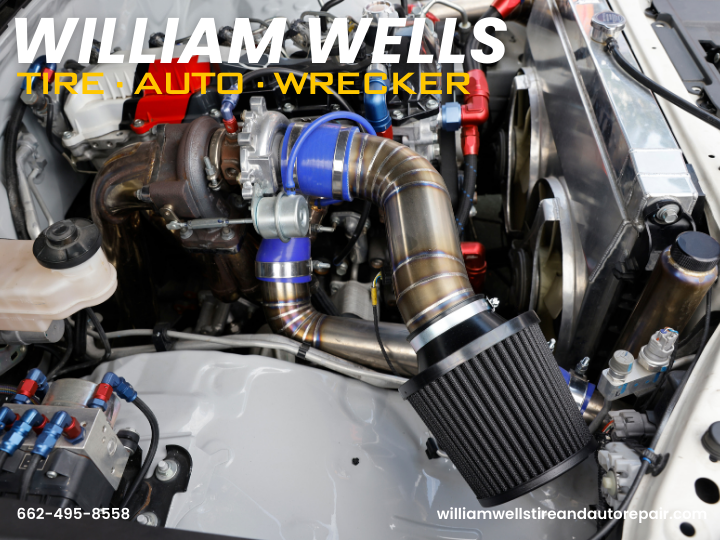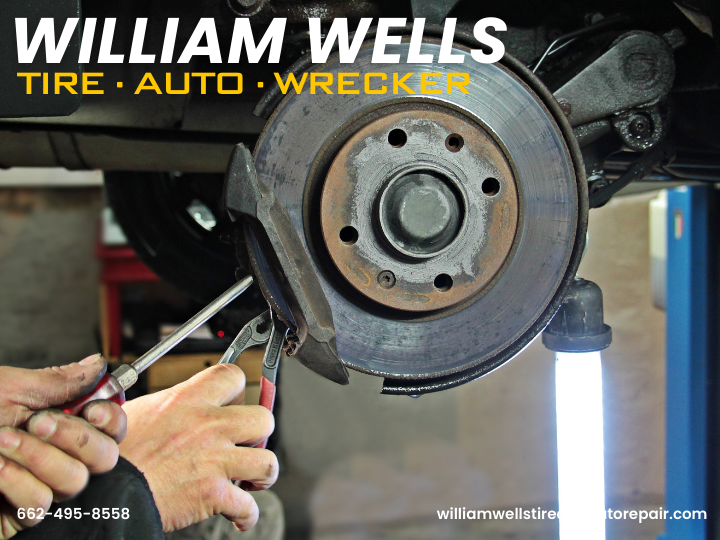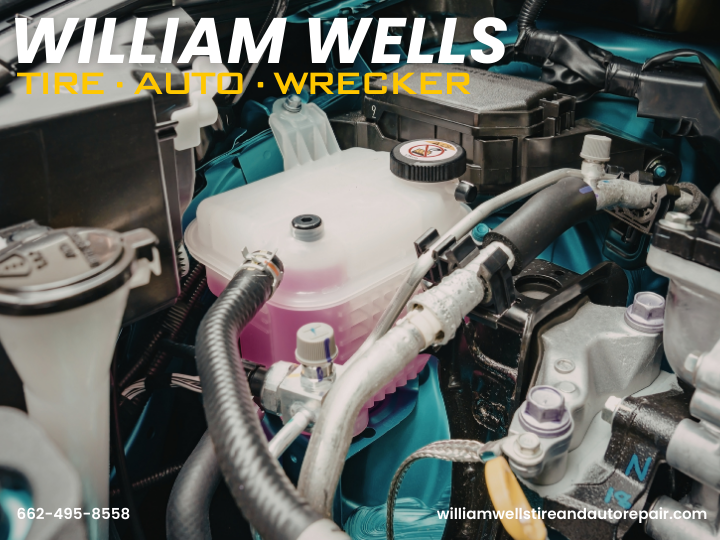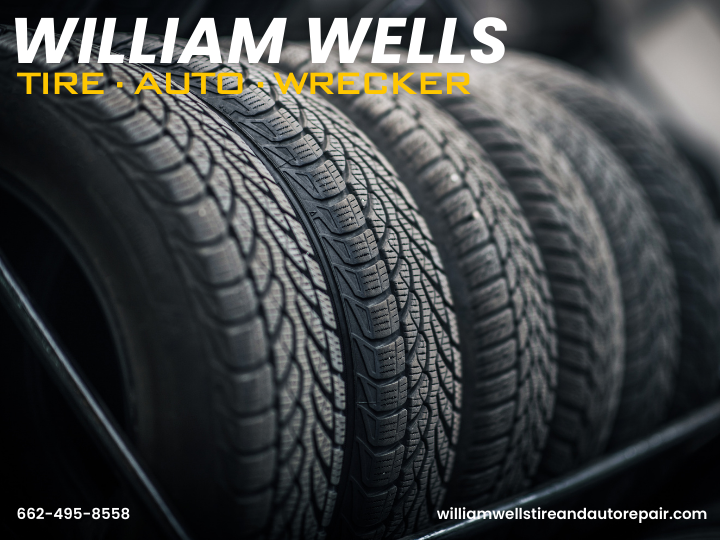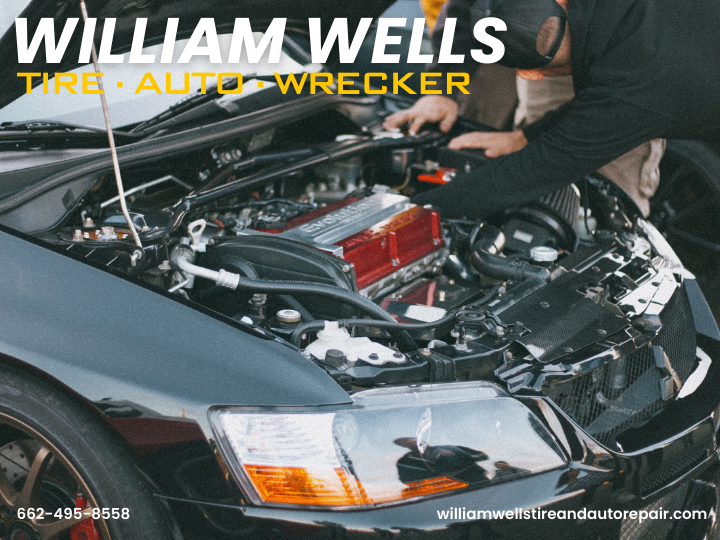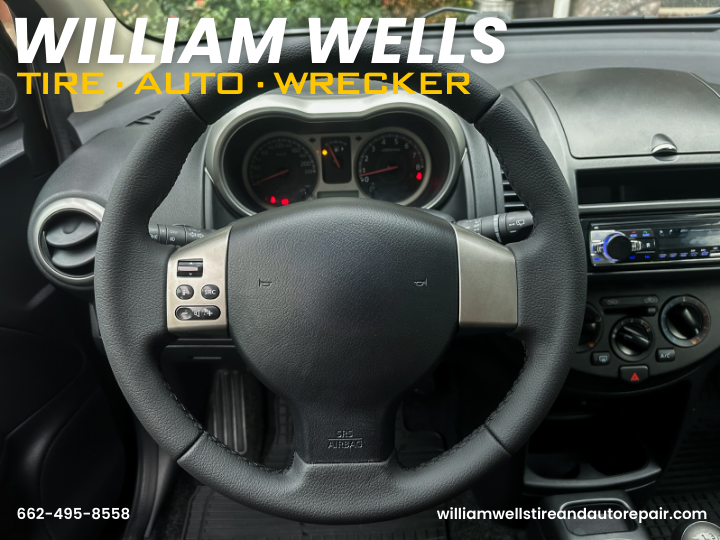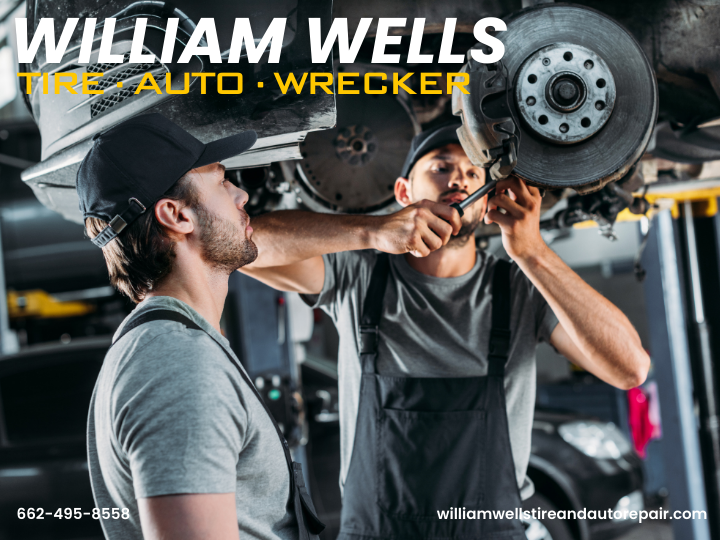If your car has over 100,000 miles on the odometer, you’ve probably noticed motor oils labeled as “high-mileage” at your local auto parts store or during your oil change. These specially formulated oils promise to protect older engines, reduce leaks, and prolong vehicle life, but are they really worth it?
Understanding how high-mileage oil differs from standard oil can help you decide whether it’s the right choice for your vehicle and driving habits.
What Makes High-Mileage Oil Different
High-mileage motor oil is designed for vehicles with significant wear. It includes additives not commonly found in standard oils, such as seal conditioners and anti-wear agents. These help to minimize oil consumption, restore some flexibility to aging engine seals, and reduce the chances of leaks forming.
It also often contains detergents and cleaning agents to break down old sludge that can accumulate over time in higher-mileage engines. These ingredients make high-mileage oils especially useful for cars that have been driven for several years without regular maintenance.
Advantages for Older Vehicles
One of the most noticeable benefits of switching to high-mileage oil is reduced oil consumption. As engines age, seals and gaskets can become brittle, allowing small leaks or seepage. High-mileage oils help swell and soften those seals, which may reduce the amount of oil your engine burns or leaks between oil changes.
Another benefit is better protection for worn internal engine parts. The added detergents and anti-wear compounds in high-mileage oils help extend the life of components like camshafts, pistons, and valve guides—parts that often begin showing signs of wear as engines age.
Some drivers also report quieter engine operation and smoother performance after switching to high-mileage oil, particularly if the engine had previously been using a basic conventional oil.
Potential Drawbacks to Consider
While high-mileage oil can be beneficial, it’s not the right fit for every older car. If your engine is already in excellent condition and doesn’t leak or burn oil, the seal-swelling additives may not offer much value. In some cases, switching from synthetic oil back to a high-mileage conventional oil might even reduce performance.
Also, if your vehicle has a serious mechanical problem, such as a cracked gasket or severely worn piston rings, high-mileage oil won’t be a substitute for proper repairs. It can reduce symptoms, but it won’t fix structural damage.
Finally, high-mileage oil is typically a little more expensive than standard oil. The added cost may not be justified unless your vehicle needs the specialized formulation.
Is It Time to Make the Switch
If your vehicle has over 100,000 miles and you’ve noticed oil consumption, small leaks, or a rougher engine feel, high-mileage oil could be a smart choice. It’s also a good preventative measure if you’re trying to extend your car’s life and want to minimize wear.
On the other hand, if your engine is still running smoothly without any signs of oil-related issues, you might not need to switch immediately. The best approach is to monitor your vehicle’s condition and make changes based on its specific needs.
Get the Right Oil for Your Vehicle at William Wells Tire & Auto
Choosing the best oil for your car isn’t always straightforward, especially as your vehicle ages. Our experienced technicians can assess your engine’s condition, review its maintenance history, and help you determine whether high-mileage oil is the right move.
Call or visit William Wells Tire & Auto at our Columbus, West Point, or Starkville, MS, locations to schedule an oil change and talk with our team about your vehicle’s long-term care.


